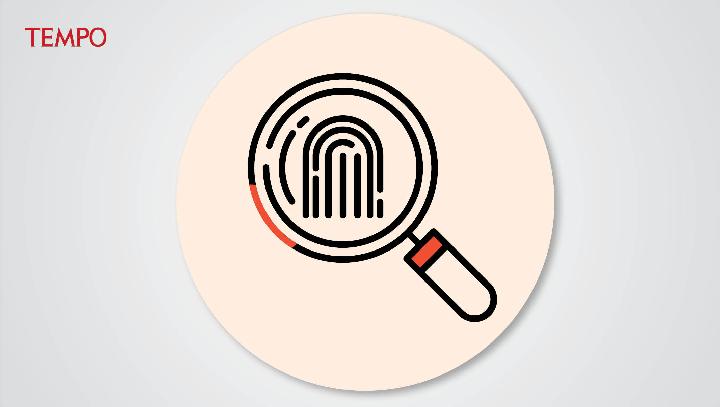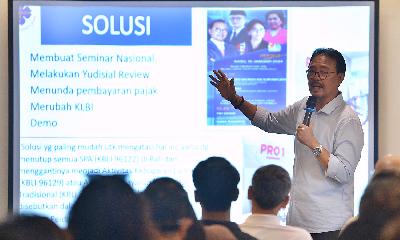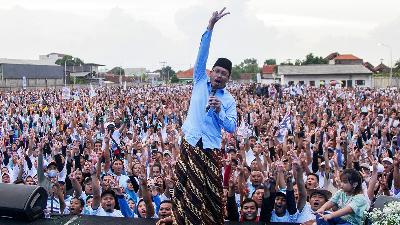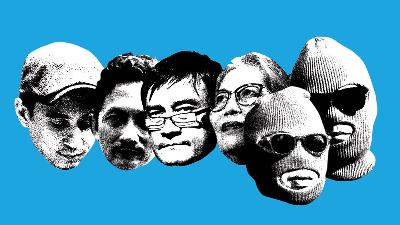Surfing the Artificial Intelligence Wave
Artificial Intelligence offers many benefits but is also causing much anxiety. It is not enough to be lackadaisical users.
Tempo
February 5, 2024

ONE by one human work is being replaced by artificial intelligence (AI) technology. The latest is translating and conference interpreting. The profession will soon be one of 300 million jobs worldwide which—according to Goldman Sachs Research predictions—will be bowled over by AI-based automatisation.
AI technology can do text translation and conference interpreting work far more quickly and accurately. AI machines can also translate a single language into several in a jiffy. On a larger scale, translation work using AI technology is far cheaper in comparison to using human translators.
Translation machines are many, including Google Translate, ChatGPT, Microsoft Translator, DeepL, Reverso Translation, and DeftPDF. These many applications are bridging the gap of low foreign language skills in developing countries such as Indonesia. With a cellular phone on hand, we can understand many different languages from around the world.
Differently-abled people are also enjoying the benefits of AI technology. Hearing-impaired people can now use AI-based hearing aids. Using the device, they can understand what the other person is saying without the need for sign language interpreters.
The only thing is, these interpreting applications can only translate sentences as they are. The AI cannot grasp context, cultural nuances, nor maintain polite sentences. Neither can the AI machine show empathy or grasp the emotional condition of any given user of language.
Despite offering many benefits, the presence of AI technology is inciting anxiety. In the health sector, for instance, administration staff and data analysts are beginning to be replaced by various applications capable of extracting, crunching, and analyzing data rapidly and accurately compared to humans. Gradually, AI machines will shunt aside the work of many health administration staff and data analysts.
As if to quell public anxiety, AI developers and experts at the world economic forum gathering in Davos, Switzerland, on January 16, reiterated that artificial intelligence is not there to replace human performance. AI technology, they said, only enhances and supports human activity. Despite many old professions going under, AI technology is giving birth to a slew of new professions, including specialists and experts in the field of artificial intelligence.
Because it is now impossible to curb, the advance of AI technology has to be managed with responsibility. So that we do not get swamped, we need to surf the AI wave, which is often smarter than its inventors. In other words, when AI technology starts to replace some of our work, humans need to upgrade their skills to control this technology.
As a developing country, Indonesia cannot stay behind in the race to develop AI technology, now dominated by advanced countries. We cannot be mere consumers of AI. Government research institutions and experts in technology need to proactively create specific AI designs in accordance with the needs of Indonesians.



